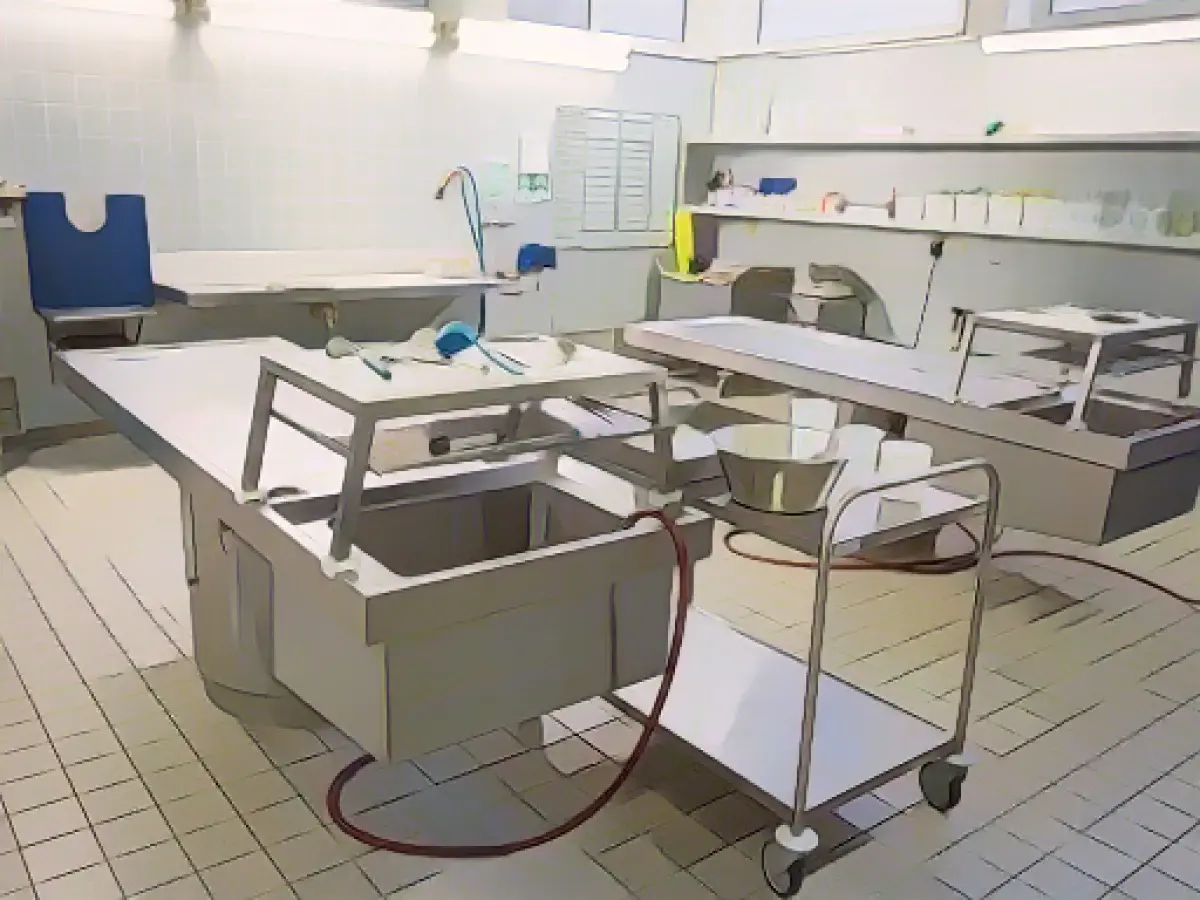The head of forensic medicine at Hanover Medical School, Prof. Michael Klintschar, voiced concerns over the low number of autopsies being performed in Lower Saxony, Germany. In an interview with the Hannoversche Allgemeine Zeitung, he stated that excessive undetected deaths and homicides are somewhat due to the insufficient number of autopsies conducted across the region.
Prof. Klintschar suggested that randomly examining 15 percent of deceased individuals in hospitals might help uncover potential homicides. Notably, he pointed out a considerable disparity in the number of orders his department receives from various regions with similar populations and mortality rates, despite conducting around 1,000 autopsies annually.
The forensic pathologist acknowledged that autopsies are vital not only for investigating homicides but also for monitoring the effectiveness of medical treatments in the realm of quality control. The 19th century saw significant advances in medicine thanks to the detailed analysis of corpses, marking a golden age of autopsy practice in Germany.
According to studies in other German states, roughly a quarter of death certificates are found to be incorrect. This is a concerning issue since thorough autopsies can bolster disease research by exploring undetected health problems.
From a forensic standpoint, elevated autopsy rates could lead to more successful identification of homicides. Through sophisticated forensic analysis and evidence collection, autopsies can support criminal investigations by offering vital clues into the cause of death.
Moreover, boosting autopsy rates also promises to be beneficial for disease research. By examining deceased individuals, researchers can gather data on various diseases and their underlying causes, paving the way for groundbreaking medical advancements.
Lastly, heightened autopsy rates can facilitate better post-mortem quality control of medicines. Toxicological testing can reveal if a medication was the cause of death or contributed to adverse reactions. This information can help healthcare authorities to enhance the safety and efficacy of medications, ensuring that future medication use is both safer and more effective.
To put it bluntly, increasing autopsy rates in Lower Saxony can substantially improve forensic capabilities, enrich disease research, and boost post-mortem quality control of medicines, ultimately benefitting both public health and justice.








